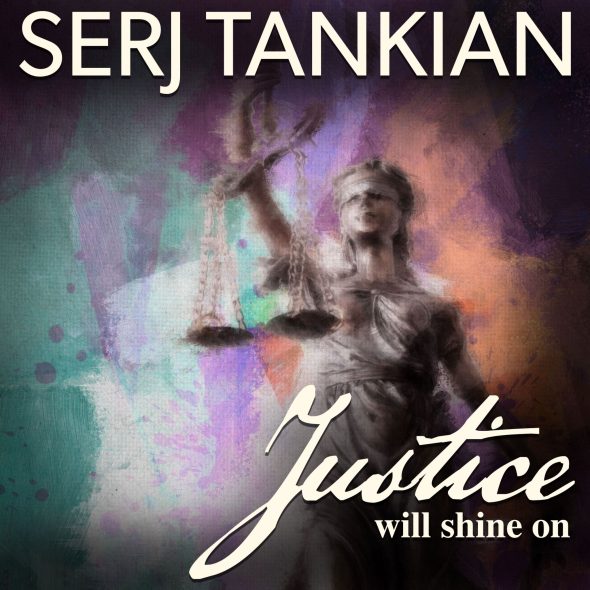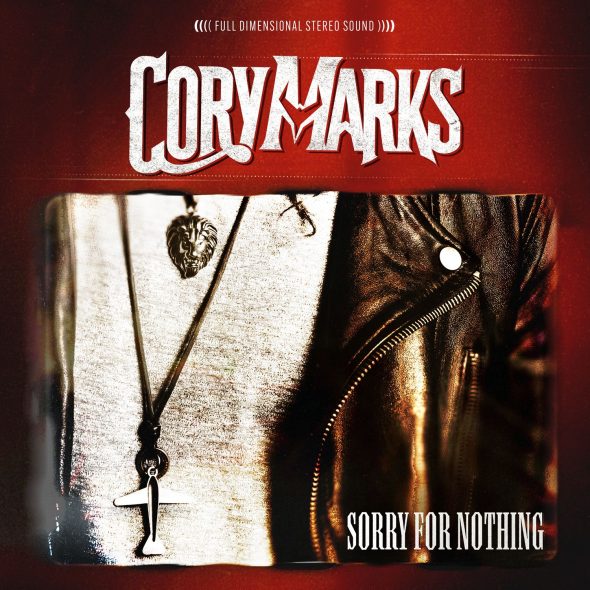Preserving and expanding a legacy
by Brian McKinny, Music Insider Magazine
Few names in the annals of rock music history have as much reverence attached to them as Jimi Hendrix. His career and body of recorded work are the stuff of legends, and rightfully so. His music was nothing short of revolutionary, and the loss of him at the young age of 27 only served to add to the legend that would become his musical legacy. Hendrix has inspired untold numbers of young men and women to pick up a guitar and play.
Janie Hendrix has spent her life defending and protecting his vision. As the president and CEO of Experience Hendrix, she focuses on making sure that her brother’s memory and legacy stays alive, and that he remains in the forefront of today’s audiences. She oversees the posthumous releases of his music, production and releases of documentaries on his life, as well as ensures that the company’s trademarks and other intellectual properties are current and intact for music and merchandizing purposes.
Janie Hendrix is also the chairperson for the Jimi Hendrix Park Foundation in Seattle. The foundation is dedicated to supporting the redevelopment of Jimi Hendrix Park in Seattle, located just south of Garfield High School, where Jimi Hendrix attended. The Seattle Parks and Recreation Department renamed a nearly 2.5-acre park located in Seattle’s Central District Jimi Hendrix Park, with the goal of transforming the land into a community gathering space, honoring their native son’s extraordinary life and music.
Running Experience Hendrix and being involved in so many projects bearing her brother’s name is a big job for anyone to take on, but she sees it as more of a family commitment. As the younger sister of such a beloved figure in popular music, her life hasn’t always been easy. The difficulties started on the day that as a 9-year-old child, she got the horrible news of her big brother’s death. Her brother had been her hero, as is often the case for little girls with big brothers. She had looked up to him, not just as her big brother, but as a protector.
Music Insider Magazine: How would you characterize your brother from the standpoint of a 9-year-old child?
Janie Hendrix: He was the best brother, ever! Jimi was very loving, sweet and affectionate when he was at home. He would hold my hand everywhere we went; he was very protective of me and very much like a hero to me in so many ways. At the time, Batman was my cartoon hero — Batman had the big cape, and Jimi had a big cape, and he would run around chanting the Batman theme song, because he knew how much I loved that. I had this Batman action figure with a parachute attached to it, and I would throw it off the balcony, and it would parachute down — and Jimi was with the 101st Airborne Division in the Army, so honestly he was my super hero.
He was someone who had a beautiful, bright, colorful energy that you just wanted to be around, because it was truthful and loving. He wasn’t the way he was on stage at home — he was very quiet, shy and a bit introverted.
MIM: When you heard the news of your brother’s passing, how did that news affect you as a child?
Hendrix: The super hero was mortal. That’s how it affected me. It proved to me that he was human after all. I was in grade school, and I went to a public school, so at first, I didn’t know that he had died. I think that when my parents got the news of his passing, they didn’t think that I’d hear about it at school. I mean, what grade school kids watches the news or reads the newspaper? There was no Internet, CNN or anything like that, but eventually, I did hear about it. I heard it, but I didn’t believe it.
At the end of the school day, I came home, walking the mile from school to my house, and I remember thinking, “It’s not true; it can’t be true.” But as I walked toward the house, I noticed all the cars on our street — the traffic on our little two-lane street was at a standstill outside our house. Then it hit me that the news must be true.
I remember when I walked into the house, my dad came out of nowhere, scooped me up and before I could put all the pieces together, he held me and took me into my bedroom, and he was crying. To see your dad crying … I had never seen my dad cry before then. And to see him cry, to be so vulnerable, so broken … That was really hard, and the first thing my dad said was, “Life will never be the same for us.”
There are a lot of emotions that run around in your head, and you don’t really think about it at the time, especially as a kid. But I remember thinking about all the things that Jimi would miss out on, and all the things we would miss without him here. It’s a death. It’s a grief — there’s an ending of that beautiful entity.
And then there’s anger. And then you’re mad at yourself for being angry — like, how dare you be angry that your brother died? As a child, emotions are very pure and unfiltered. As adults, we can kind of cover things up — “No, I’m not angry.” But you ARE angry. You’re angry, and you can say that … “I am angry that you left me, and how could you have allowed this to happen?”
There’s so much that you don’t understand at that age, and then as life goes on — for me, I think it was when I hit 27 — I was in London, and I thought, “What if I died today? Wouldn’t that be crazy?”
But these are the things that go through your mind, because it happened at such a young age, it influences so much of your thought process. But I survived 27, and now it’s somewhat funny, because people ask me, “So, are you the older sister or younger?” I tell them, “Well actually, it works both ways, because he didn’t live past 27, but today he would be 71, so technically, I’m younger, but I’m also older by half — I’m 52 now.” So it’s just a strange way to answer to an even stranger question.
MIM: I’m sure people must ask you this all the time, but what do you think Jimi would be doing if he were still alive today?
Hendrix: You live all this life and you think, “What if, what if, what if?” I sat with my dad many times when people would ask him the same question about Jimi — would he still be playing music, would he be touring or producing kids or what?
First of all, you’ve just plucked him right out of 1970 and dropped him into the middle of 2014, and honestly, there would be 40-something years of history that would have been part of his evolution. Our music that we listen to today would be completely different, because all of those influences that he would have created would have changed our perspective and outlook on music; musicians would play differently; everything would be different. It’s just too difficult to speculate on where he would have taken the music, were he still alive today.
MIM: You’re being honored at the National Association of Music Merchants with an award from the Women’s International Music Network on January 24, 2014 in Los Angeles. What can you tell me about this award and the organization behind it?
Hendrix: I’m a big advocate for kids and music, and being a woman in this industry, as some people will say, can be a blessing and a curse. But I’ve always just been me, doing me. Out of the blue, I got an email telling me that I’d been nominated for this award, and it’s funny because I’m just living my life, “doing me,” and all of a sudden somebody recognizes me for doing what I always do, which is support the things close to my heart.
I am very much involved with a lot of music and kids’, and women’s activities — the MusiCares Foundation of the Grammys, locally with the Seattle Theater Group, the Fender Music Foundation and others. I guess the powers that be saw it fit to recognize me for the support I give to these groups.
It’s a wonderful honor, and it was all so unexpected. I honestly don’t do these things for personal recognition. In this industry, there have been so many wonderful women that have paved the way, and it’s wonderful to be part of the movement and part of the chain. Music should be for all people — it doesn’t matter who you are, because music is for the soul.
MIM: What is in store for you and the future of the Hendrix Experience and the other things you have in the works?
 Hendrix: It’s all about Jimi. Sometimes he just makes portals in the universe, and things happen! Most of January, I’ll be in LA, hopefully going to the Grammys. Also, Eddie Kramer who was Jimi’s engineer back in the day (and still is), and John McDermott, our historian and catalog manager, will work in LA on the new releases that will come out later on this year, and then, of course I’m working on preparations for the concert tour of the Hendrix Experience. We’re gathering dates and selling tickets for that — a couple of the venues have already sold out of tickets for their respective show dates.
Hendrix: It’s all about Jimi. Sometimes he just makes portals in the universe, and things happen! Most of January, I’ll be in LA, hopefully going to the Grammys. Also, Eddie Kramer who was Jimi’s engineer back in the day (and still is), and John McDermott, our historian and catalog manager, will work in LA on the new releases that will come out later on this year, and then, of course I’m working on preparations for the concert tour of the Hendrix Experience. We’re gathering dates and selling tickets for that — a couple of the venues have already sold out of tickets for their respective show dates.
There’s so much going on that I’m looking forward to being able to bring to Jimi’s fans. It’s a very exciting time.




